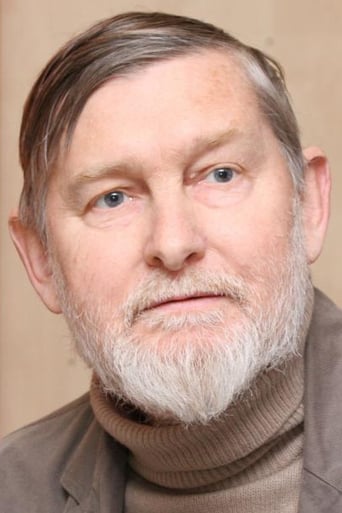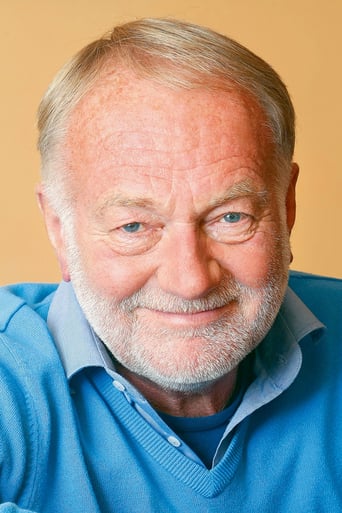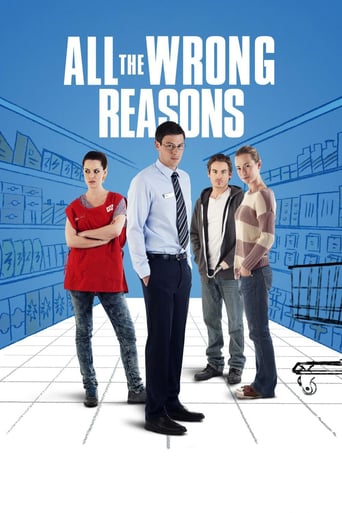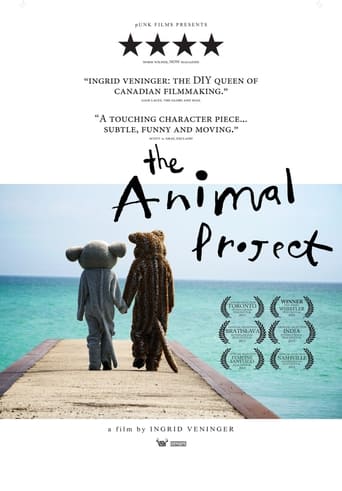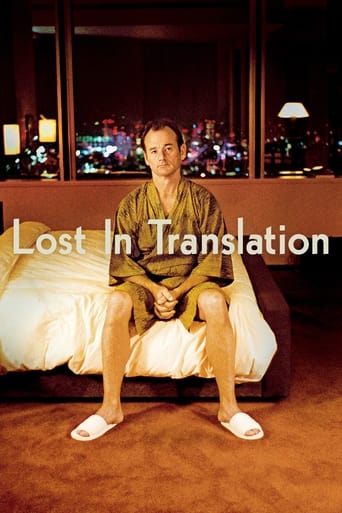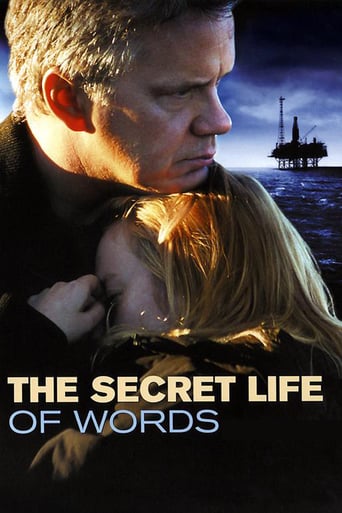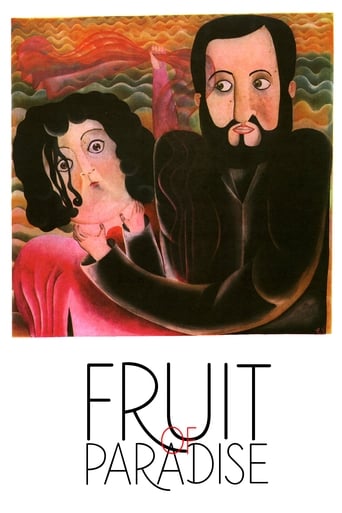
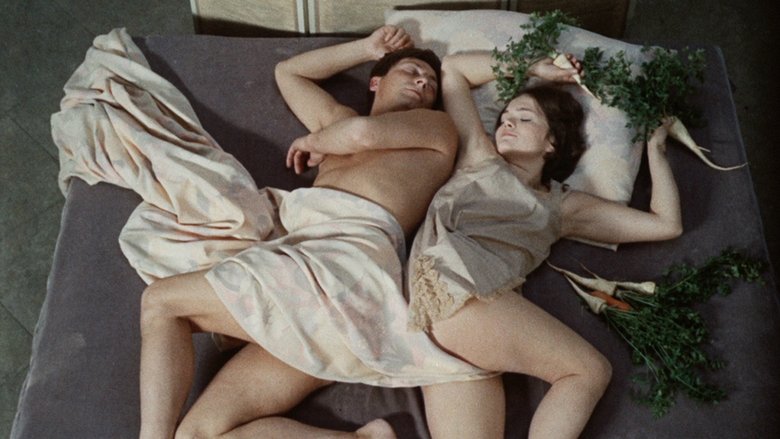
Fruit of Paradise (1970)
An experimental retelling of the story of Adam and Eve which then progresses into an allegorical depiction of the loss of innocence.
Watch Trailer
Cast
Similar titles
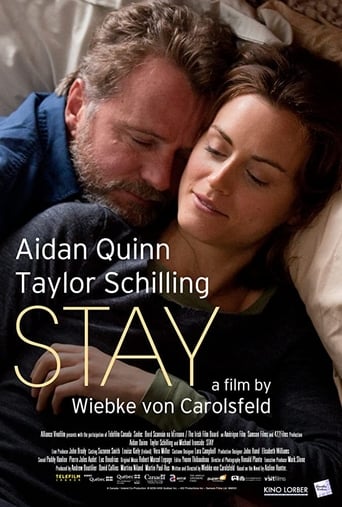
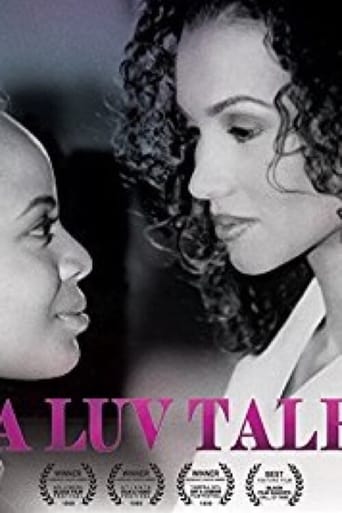
Reviews
Best movie ever!
It's fun, it's light, [but] it has a hard time when its tries to get heavy.
Like the great film, it's made with a great deal of visible affection both in front of and behind the camera.
Through painfully honest and emotional moments, the movie becomes irresistibly relatable
If you enjoy watching a mercurial, concupiscent woman-child scamper about, this is the film for you. And I'm not just talking to Bjork fans.At times it was like watching a ballet without the dancing, although there were moves on display. Very much Free Love kind of moves. I would say this would be a great film for a band to project while playing some trippy music, but then the audience would miss Zdenek Liska's score (although the drums in the attic scene would be a hit for rawk concerteers).As pointed out by another reviewer (and the three posted so far all fit with my experience), the first 15 minutes are the most obscure and camera crazy. I wonder if director Vera Chytilova figured censors would get a headache, or have to send in reports to their superiors within 15 minutes and give up? Even then as the story is revealed, it challenges deciphering. Well at least in the year 2014 here in the States. I can see the trend of white (purity) to red (trouble/communism) to black (death), and there is a dresser that is just a fake front, so that too can be seen maybe as some Pop Art reverse AgitProp. I have to say these thoughts never rose up directly while watching it.For first time Czech checkers, I'd start with "Daisies" first, but I need to figure out what to watch next. I like the raw exuberant art here even if Chytilova felt walled off from her occupied and getting wasted teenage motherland.
Adam and Eve in paradise. They are one with nature. Carefree sexual beings, but naive like children. Then the snake offers them an apple from the tree of knowledge by telling them the truth, which is that God lied to them, for they will not die when they eat from the tree, but become gods themselves. Eva is eager to know the truth, so she eats the apple.Skip to the present time. Sort of. A fictitious health resort that doesn't seem too different to paradise. A way to keep out modern social issues and to focus on gender relations maybe? Its people seem to be rather naive and carefree as well much of the time but have become estranged from nature and wear clothes. But lets start with Eva, our protagonist. She is married to Josef. After climbing down a wall a bearded guy (Robert) almost pisses on her head. She approaches him but he avoids her. Later he approaches her when she plants carrots. Now she avoids him. Later again she approaches him and he avoids her. Robert chases after various girls, and avoids others. Without any rhyme or reason, apparently. He even flirts with a 78-year old woman in a wheelchair.One sunny day the people of the health resort play with a big orange balloon. A key drops out of Robert's pocket. Eva picks it up and uses it to unlock his house and to go through his stuff. She finds a stamp and stamps herself on the leg, just because. It's a 6. She tries to remove it but can't. Later the newspaper reports about the murder of a blonde woman. She was found with the number 6 stamped on her forehead. Now Eva knows that Robert is a murderer. He knows that she knows so now he tries to kill her.Josef tells Eva that he lied to her about something. How could he?! Her world is shattered. She now sees Josef as being no better than Robert. They basically both lied so he is no better than a murderer. Men are all the same, really. Liars. And the world is rotten. The disillusioned (or just wiser) Eva takes off with her stuff.Eva chases after Robert again because whatever, it's all rotten anyway. Josef don't like that too much but can't really do much about it except for chasing after her now. Eva runs off, Robert chases after her, Josef chases after her, Eva flirts with waiters, Josef and Robert watch, they chat, Eva chases after Robert again and so on.Eventually Robert chases after Eva and then Eva chases after Robert and he wants to shoot her. With a gun. He throws the gun to her. She throws it back. He puts it into his coat. Eva says she's cold. Robert covers her with his coat. This was the last time that she believed someone, she says and takes the gun. That's betrayal, he says, and yes, it's all a lie. She takes the gun and shoots him. Eva runs to the wall from the beginning of the film but can't climb over it to "return to paradise".Eva runs back to Josef. She tells him not to ask for the truth. She doesn't even want to know it herself, but she does know it. She wants to give him a rose. He passes on it and walks on. While this is going on a song concludes the Adam and Eve story. In it Eve eats the apple and offers it to her husband, who eats it as well. They realize that they are naked and when they see God strolling about in paradise they "hide themselves among the fruit trees of paradise".Chytilová said in an interview that the film was about the occupation. The people "live in a lie, the truth was that they were violently raped". If that was the intention, and I have no reason to doubt it, I have to say it's a very unsuccessfully communicated allegory and the film furthermore doesn't seem to have to say much more than this about its real subject. Seems to me that it was just constructed as an obscured allegory as a sort of daring experiment. Will they find out what her film is really about? She says they didn't, nor that most other audience members "got it".
Vera Chytilova's Fruit Of Paradise, is a lost masterpiece of a film. Lost because Chytilova was not permitted to make any films for decades, after her first film Daisies(another gem), was censored and banned by the Soviet/Czech government. These films show us a new language in cinema, that never got to develop. Her use of sound alone in this film puts her on par with Godard and Leone, her use of color is unlike anything I have ever seen(the first 10 minutes in Eden are a luminous collage of images, patterns, and live actors), and her sense of story(arguably her least accessible trait) is like Bunuel or Svankmajor(her fellow Czech), albeit with a distinctly feminist, whimsicle, slapstick bent.The story is an allegory of Adam and Eve, in a modern(made in 60's) Health Retreat. The action involves our heroin wandering the grounds where she becomes obsessed with a mysterious man in red, who may or may not be a killer. What follows is a fragmented story of awakening, it's pains and pleasures, but don't look more literally than that, like Lynch's Inland Empire, it's best to view this film topologically(on the surface), as an aesthetic object like a painting, rather than a cinematic tool for conveying a "message". Not that you cant or shouldn't get anything more out of this film, than a lesson in the expansive possibilities of film-making itself, but you get out of it, what you put into it. If you want to just watch the pretty colors, it's got that, if you want to argue about "ontological freedom and meaning", you could use this film as a trampoline, but that role rests here on the viewer.Chytilova's film's however cannot be accurately described by text, they have to be viewed, listened to puzzled over, drank with(a glass or two of wine), and then viewed again. If your looking for a novel experience in a sea of modern cinematic redundancy, the Fruit Of Paradise, is the food for you. If you want to watch realistic characters, exchange in pseudo-naturalistic dialoge about modern issues of social import, "Crash" can be found at your local blockbuster, if you've watched Maya Deren, Luis Bunuel, or Kenneth Anger, and said, why can't there be more films like this; then Netflix, steal, beg, borrow,(or try your local library), but find this film. That goes double for Chytilova's first film Daisies, which is as adventurous as this, but is more slapstick to this films baroque; basically a lot more fun.
"The Fruit of Paradise" is a breathtaking experimental film from Vera Chytilova. Well known for her surreal feminist comedy "Daisies" (1966), Chytlova uses many of the same hallucinatory camera tricks for "The Fruit of Paradise". I used to think that the film "Begotten" was original until I saw the "Fruit of Paradise". The film's first 15 minutes is highly psychedelic as it tells the story of creation. There are layers of image on top of image with fast camera cuts. The film almost made my head spin with it's fast pace, use of color and bizarre experimental sound effects. Then it breaks out into a song about Adam & Eve, which is hauntingly catchy. Now if only I could learn Czech. Then the story of Adam and Eve goes to a modern setting. The devil is portrayed as creepy man of middle age; a persistent stalker and serial killer of women. Eva and her boyfriend go on vacation to a health spa, where they encounter temptation. The devil gets Eva to eat the forbidden fruit. Then the film becomes very comical throughout, as the Devil chases adorable Eva everywhere she goes. Very deep, surreal and philosophical, "The Fruit of Paradise" is another underrated masterpiece to Czech out! This lost classic is finally available at www.facets.org or Amazon.com if you want to save money.
